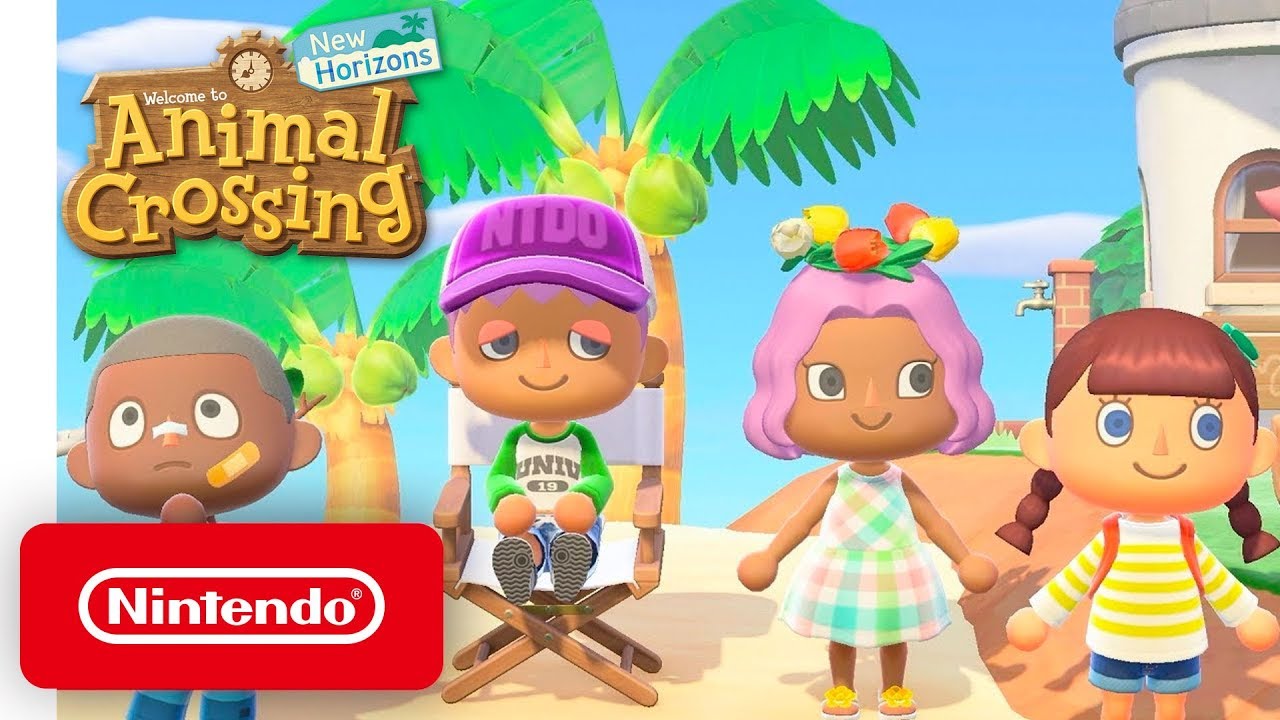When Nintendo launched the Wii in 2006, one of its most groundbreaking digital initiatives was the Virtual Console—a service that made it possible for players to rediscover classic titles from a range of legacy systems at affordable prices.
For many fans, this digital library provided unprecedented access to iconic games such as Castlevania: Rondo of Blood, Earthbound, and MUSHA Aleste—titles that were otherwise prohibitively expensive in physical form.
The Virtual Console was instrumental not just in shaping Nintendo’s digital strategy but in supporting websites devoted to its coverage, including the original Virtual Console Reviews, which later merged into Nintendo Life in 2009. By adopting a forward-thinking approach to digital content—long before such models were commonplace in the industry—Nintendo proved it could innovate beyond its reputation for cautiousness.
However, the service was not without its drawbacks.
Technical limitations, such as the 50hz speed issue for European gamers and a slow, sporadic trickle of new releases, frustrated many.
These issues were compounded when the platform transitioned to the Wii U and Nintendo 3DS, causing further resets in content availability.
Even so, the Virtual Console stands as one of Nintendo’s most notable digital services to date. In recent years, as the Nintendo Switch overtook its predecessors, the company’s direction for retro content has shifted dramatically.
Nintendo’s messaging regarding its online subscription service has highlighted the inclusion of classic games as part of paid memberships, rather than separate digital purchases.
Specifics on the fate of the Virtual Console have been notably lacking, and indications suggest that any future retro offerings would look quite different from the classic model familiar to Wii, Wii U, and 3DS users. A key indicator of change came with Sega, which had been a strong supporter of the Virtual Console during the Wii era.
On the Switch, Sega opted to launch its AGES initiative, bringing Master System, Mega Drive, Dreamcast, Saturn, and arcade classics to the eShop as standalone releases.
This move, alongside similar approaches by publishers like Zerodiv and Flying Tiger (who have released titles such as Gunbird and Bad Dudes), signals a more decentralized approach to retro game distribution.
These titles, once likely housed under the Virtual Console umbrella, now arrive directly via the Switch eShop, often with their own enhancements and features tailored to the platform. This evolution means that instead of a one-size-fits-all framework, publishers have greater freedom to package and update their classic games.
While this can result in more innovation—like additional screen modes or extra gameplay features—the consistent quality achieved by standardized emulation, often handled by specialists like M2 for Nintendo, is no longer guaranteed for every release.
Sega, for example, continues to collaborate with M2 on its AGES titles, ensuring faithful emulation and value-added features. Ultimately, the disappearance of the Virtual Console branding does not spell the end of retro gaming on Nintendo Switch.
If anything, the platform’s open eShop environment allows for a wider variety of retro titles to reach new audiences at a fast pace, provided publishers maintain high standards for ports and emulation.
Nintendo’s upcoming paid online service is expected to include retro content, but the model of delivery—subscription-based access versus individual purchases—reflects the new direction of the digital era. As the landscape of retro gaming continues to evolve on Nintendo hardware, Virtual Console’s influence remains clear.
The shift encourages both opportunity and vigilance: while gamers benefit from more choice, quality assurance rests increasingly with individual publishers and their partners.
For now, retro enthusiasts can look forward to an ever-expanding library, even if ‘Virtual Console’ is a term consigned to gaming history.
For many fans, this digital library provided unprecedented access to iconic games such as Castlevania: Rondo of Blood, Earthbound, and MUSHA Aleste—titles that were otherwise prohibitively expensive in physical form.
The Virtual Console was instrumental not just in shaping Nintendo’s digital strategy but in supporting websites devoted to its coverage, including the original Virtual Console Reviews, which later merged into Nintendo Life in 2009. By adopting a forward-thinking approach to digital content—long before such models were commonplace in the industry—Nintendo proved it could innovate beyond its reputation for cautiousness.
However, the service was not without its drawbacks.
Technical limitations, such as the 50hz speed issue for European gamers and a slow, sporadic trickle of new releases, frustrated many.
These issues were compounded when the platform transitioned to the Wii U and Nintendo 3DS, causing further resets in content availability.
Even so, the Virtual Console stands as one of Nintendo’s most notable digital services to date. In recent years, as the Nintendo Switch overtook its predecessors, the company’s direction for retro content has shifted dramatically.
Nintendo’s messaging regarding its online subscription service has highlighted the inclusion of classic games as part of paid memberships, rather than separate digital purchases.
Specifics on the fate of the Virtual Console have been notably lacking, and indications suggest that any future retro offerings would look quite different from the classic model familiar to Wii, Wii U, and 3DS users. A key indicator of change came with Sega, which had been a strong supporter of the Virtual Console during the Wii era.
On the Switch, Sega opted to launch its AGES initiative, bringing Master System, Mega Drive, Dreamcast, Saturn, and arcade classics to the eShop as standalone releases.
This move, alongside similar approaches by publishers like Zerodiv and Flying Tiger (who have released titles such as Gunbird and Bad Dudes), signals a more decentralized approach to retro game distribution.
These titles, once likely housed under the Virtual Console umbrella, now arrive directly via the Switch eShop, often with their own enhancements and features tailored to the platform. This evolution means that instead of a one-size-fits-all framework, publishers have greater freedom to package and update their classic games.
While this can result in more innovation—like additional screen modes or extra gameplay features—the consistent quality achieved by standardized emulation, often handled by specialists like M2 for Nintendo, is no longer guaranteed for every release.
Sega, for example, continues to collaborate with M2 on its AGES titles, ensuring faithful emulation and value-added features. Ultimately, the disappearance of the Virtual Console branding does not spell the end of retro gaming on Nintendo Switch.
If anything, the platform’s open eShop environment allows for a wider variety of retro titles to reach new audiences at a fast pace, provided publishers maintain high standards for ports and emulation.
Nintendo’s upcoming paid online service is expected to include retro content, but the model of delivery—subscription-based access versus individual purchases—reflects the new direction of the digital era. As the landscape of retro gaming continues to evolve on Nintendo hardware, Virtual Console’s influence remains clear.
The shift encourages both opportunity and vigilance: while gamers benefit from more choice, quality assurance rests increasingly with individual publishers and their partners.
For now, retro enthusiasts can look forward to an ever-expanding library, even if ‘Virtual Console’ is a term consigned to gaming history.





